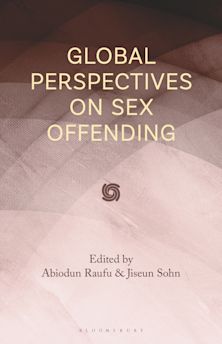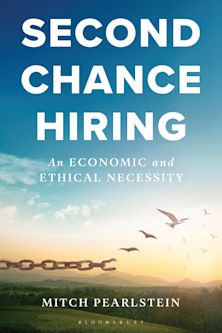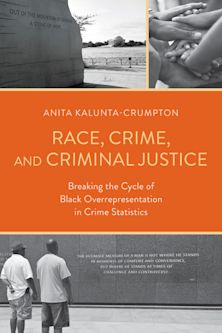- Home
- ACADEMIC
- Criminology
- Criminology - Other
- Food as a Mechanism of Control and Resistance in Jails and Prisons
Food as a Mechanism of Control and Resistance in Jails and Prisons
Diets of Disrepute
Food as a Mechanism of Control and Resistance in Jails and Prisons
Diets of Disrepute
You must sign in to add this item to your wishlist. Please sign in or create an account
Description
Murguia explores food and foodways within institutions of incarceration. Food, like all resources within total institutions, is vulnerable to social manipulation. Within jail and prison settings, food becomes both a mechanism of control and resistance. In the former, the type of food, its quality, its quantity, and the symbolic significance of its presence or absence all contribute to the socio-political experience of the incarcerated—perhaps even adding an extra form of punishment to one’s sentence not measured in time, but rather in terms of cruelty. In the latter, the incarcerated may view the preparation of food, the innovation it may undergo, its consumption, or even the refusal of its consumption along these same socio-political lines. Thus viewing food within jail and prison as social facts that engender real consequences reveals a virtually uncharted area of research for understanding the intersection between food and life within the confines of incarceration.
Of this line of inquiry, Murguia asks how food is employed as a means to control prisoners and, conversely, how do prisoners employ food in the service of resistance. As his analysis suggests, this text emphasizes a need to advance a broader discussion about the diets of prisoners.
Table of Contents
Acknowledgments
Introduction
1. Food as a Mechanism of Control
2. Quality Control
3. Quantity Control
4. Food as a Mechanism of Resistance
5. Bricolage
6. Survival
7. Pleasure
Conclusion
Bibliography
Product details
| Published | Feb 19 2018 |
|---|---|
| Format | Ebook (PDF) |
| Edition | 1st |
| Extent | 1 |
| ISBN | 9781978752764 |
| Imprint | Lexington Books |
| Publisher | Bloomsbury Publishing |
About the contributors
Reviews
-
This book represents an important first step to begin the necessary conversation about what rights we should view as fundamental. Murguia packs a lot in these pages; exposing the methods of control from the perspective of both corrections officials and inmates.
Teresa Dalton, University of California, Irvine

ONLINE RESOURCES
Bloomsbury Collections
This book is available on Bloomsbury Collections where your library has access.



































